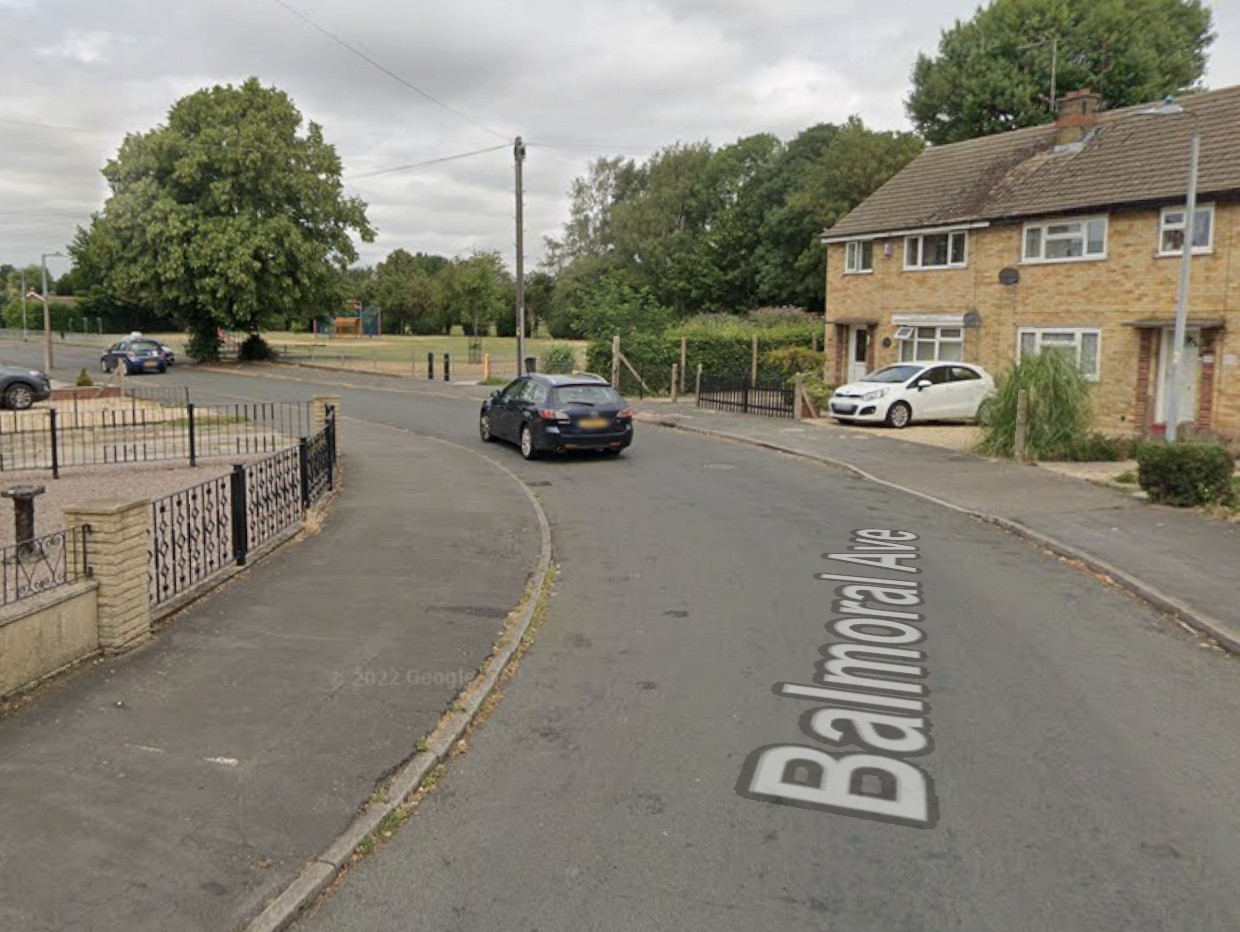Craig Jackson ought to be able to present a cogent case on the merits of leaving the EU rather than resorting to using the Joseph Goebbel’s manual for manipulating public option.
If politicians need to mislead the public make sure the deceit is a big one with just a hint of plausibility and credibility; repeat it loudly and often in a characteristic stance and tone that exudes confidence and sincerity.
If challenged avoid the question. If persistently challenged accuse the questioner of being in cahoots with the establishment in a conspiracy to prevent the audience learning the truth by denying voters access to the truth.
Membership of the European Union does not cost the British £55m per day or £20b per year.
This figure is taken from the Office of National Statistics (pink book) which measures the nominal cash payments of the EU.
The ONS warns that this cash outflow does not measure the cost of the British membership for being in the EU. Part of the payments to the EU represent the proceeds from imposing the EU external tariff on goods imported into the UK which are used to fund the EU spending programmes. The incidence of the tax depends on how the imported goods are priced and marketed in the UK.
The true figure for the cash outgoings from the UK to the EU is £17.8b or £49m per day. This figure includes the automatic refund of £4.9b won by Mrs Thatcher which never leaves the Treasury accounts at the Bank of England and is spent by the UK government as it likes. The UK receives back from the EU £4.4b in regional development funding and agricultural subsidies.
This reduces the net cost to the UK of membership of the EU to £8.5b. The quality of outcomes from UK commercial and academic research is so good that the UK receives back from the EU £1.4b more than we contribute into the EU Research Fund in 2015. This item is the most variable but in 2015 reduced the net cost of EU membership to £7.1b. Approximately one per cent of the UK government expenditure in 2015.
Brexit outers argue that the UK would have £55m per day that we could determine how it is spent. What you have spent once you cannot spend again (the automatic rebate). The spending bonanza of the money the UK could save from leaving the EU is an illusion. Would it make sense for the UK to stop or reduce regional development funding or agricultural subsidies or funding research? The public demand would be to spend any savings on the health service, education, roads, reversing welfare benefits cuts.
The reality is that savings would be swallowed up in coping with the period of uncertainty that will inevitably follow a Brexit.
The consensus among academics, businessmen, union leaders and even politicians is that an out vote will create uncertainty. For how long nobody knows.
So Craig, as a confirmed outer, will you share with the public just how you propose to protect our borders, how you propose to sustain our access into the EU “single market”, who we will be negotiating with on the terms of our withdrawal, who will decide which of the EU regulations constitutionally enacted into UK law we will repeal or rescind, and when we can start negotiating new trade deals and with whom.
The electors at least deserve some indication of how these issues will be resolved before deciding how to cast their vote.
Politicians on both sides of the argument are avoiding explaining the full consequences for the ordinary people of their decision.
Paul Walls
Spalding






